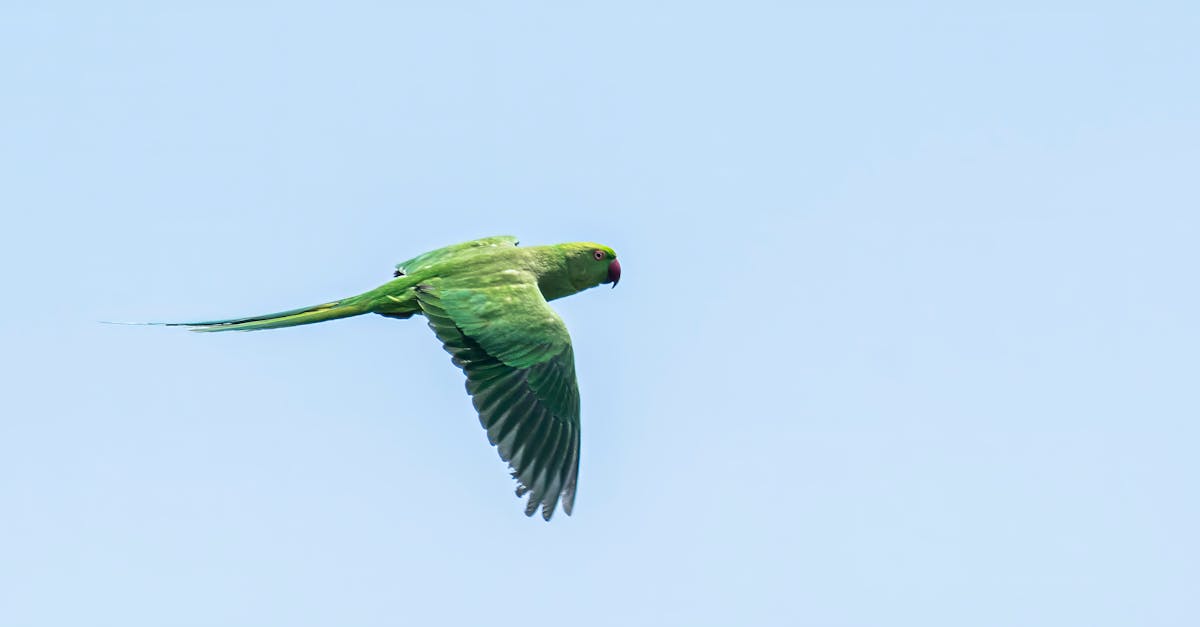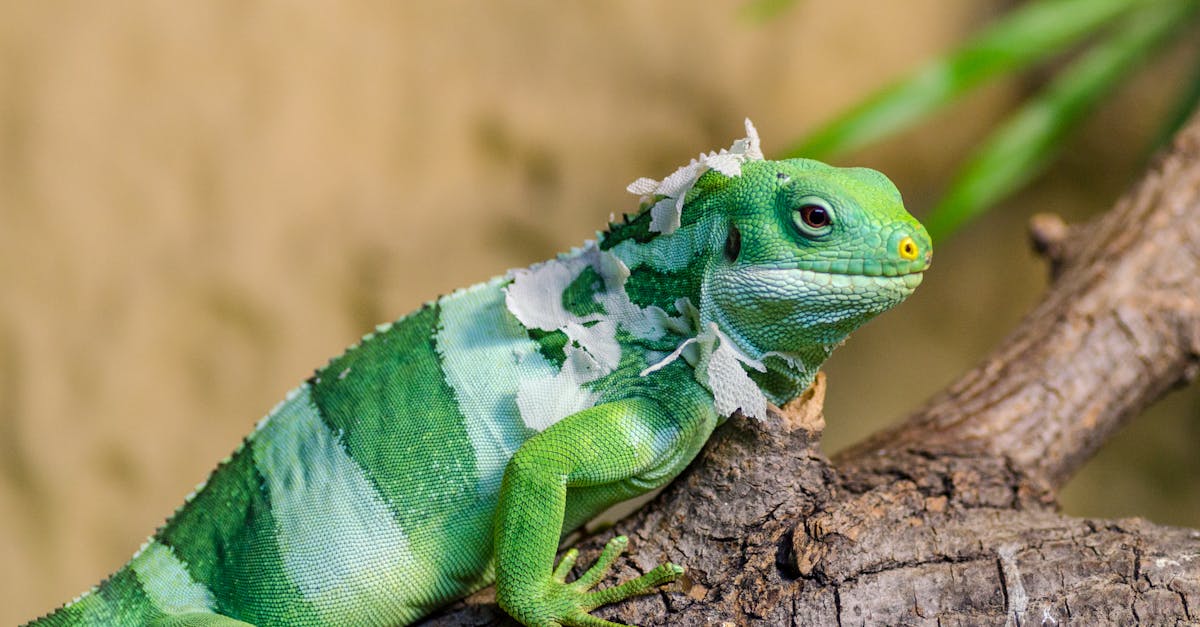Introduction: The Allure of Exotic Pets
Imagine if you could have a pet that’s not just your average cat or dog, but something truly unique and fascinating. Exotic pets have always held a certain allure, often associated with the wild and the unusual. What’s surprising is that many of these extraordinary creatures are legal to own in numerous places around the world. From what I’ve seen, the variety of exotic animals that can be kept as pets is astonishing, and it goes to show that our desire for companionship knows no bounds.
In this blog post, I’d like to share some of the most intriguing exotic pets that are legal to own almost everywhere. These animals not only amaze with their beauty and uniqueness but also offer a fascinating glimpse into the natural world. Speaking from experience, owning an exotic pet can be a rewarding endeavor, but it also requires a deep understanding of the animal’s needs and behaviors. Let me tell you more about these incredible creatures and why they might be the perfect addition to your household.
Why Exotic Pets Are Captivating
The Fascination with the Unusual
It’s common knowledge that humans have a natural curiosity for the unknown, and exotic pets satisfy this curiosity in a way that traditional pets cannot. One time, I visited a friend who owned a Fennec Fox, and I was struck by how different it was from any other pet I had encountered. The small size, large ears, and playful demeanor were captivating, and I couldn’t help but think about how amazing it would be to have such a unique companion.
Benefits of Owning Exotic Pets
Owning an exotic pet can offer several benefits:
- Educational Value: Exotic pets can provide a unique learning experience for both children and adults. Understanding their habits, diet, and natural habitat can be incredibly educational.
- Conversation Starters: Having an unusual pet can be a great way to break the ice and start interesting conversations.
- Unique Bonding Experience: The bond you form with an exotic pet can be different and special, as these animals often require more attention and understanding.
Meet the Legal Exotic Pets
The Majestic Fennec Fox
The Fennec Fox is a small nocturnal fox found in the Sahara Desert of North Africa. What’s fascinating is that despite their wild origins, Fennec Foxes can adapt well to domestic life. They are known for their large ears, which help dissipate heat and give them an adorable appearance.
- Diet: Fennec Foxes are omnivores and can eat a mix of fruits, vegetables, and high-quality cat food.
- Habitat: They need a secure outdoor enclosure with plenty of space to dig and play.
- Behavior: Fennec Foxes are playful and energetic, making them great pets for active households.
The Enigmatic Axolotl
The Axolotl, also known as the Mexican Walking Fish, is a type of salamander that remains in its larval stage throughout its life. It’s funny how these creatures look like they’re always smiling, and their ability to regenerate lost body parts is nothing short of amazing.
- Diet: Axolotls are carnivorous and eat a diet of worms, insects, and small fish.
- Habitat: They require an aquarium with clean, cool water and plenty of hiding places.
- Behavior: Axolotls are relatively low-maintenance and can be quite interactive with their owners.
The Charming Sugar Glider
Sugar Gliders are small, nocturnal marsupials native to Australia and Indonesia. What I’ve noticed is that these tiny creatures form strong bonds with their owners and can be incredibly affectionate.
- Diet: Their diet includes fresh fruits, vegetables, and specially formulated sugar glider food.
- Habitat: They need a large, tall cage with plenty of branches and toys for climbing and playing.
- Behavior: Sugar Gliders are social animals and thrive in pairs or small groups. They are also known for their ability to glide through the air, thanks to a membrane that extends from their wrists to their ankles.
The Colorful Green Iguana
Green Iguanas are large, arboreal lizards native to Central and South America. From what I’ve seen, these reptiles can be quite docile and make impressive pets due to their size and striking appearance.
- Diet: Green Iguanas are herbivores and require a diet rich in leafy greens, fruits, and vegetables.
- Habitat: They need a spacious enclosure with plenty of climbing opportunities and a basking area with UVB lighting.
- Behavior: While they can be a bit skittish initially, with proper handling, Green Iguanas can become quite tame.
The Playful Capybara
Capybaras are the world’s largest rodents and are native to South America. I, for example, have always been fascinated by their gentle nature and social behavior. They are highly social animals and thrive in groups.
- Diet: Capybaras are herbivores and eat a diet of grasses, vegetables, and specially formulated rodent food.
- Habitat: They need a large outdoor space with a water source for swimming and cooling off.
- Behavior: Capybaras are friendly and can get along well with other pets, including cats and dogs.
The Responsibilities of Owning Exotic Pets
Understanding Their Needs
Owning an exotic pet is not just about the novelty; it comes with significant responsibilities. It’s essential to understand the specific needs of the animal, including its diet, habitat, and behavior. Studies show that many exotic pets require specialized care that can be more demanding than that of traditional pets.
Legal and Ethical Considerations
Before acquiring an exotic pet, it’s crucial to research the legalities in your area. While many of these animals are legal in numerous places, regulations can vary widely. Additionally, consider the ethical implications of owning an exotic pet. Ensure that the animal is sourced responsibly and not taken from the wild.
Commitment and Care
Exotic pets often have long lifespans and require a long-term commitment. For instance, Green Iguanas can live up to 20 years, and Capybaras can live for 8-10 years. I can’t help but think about the level of dedication needed to care for these animals properly. It’s not a decision to be taken lightly.
The Rewards of Exotic Pet Ownership
Unique Companionship
The bond you form with an exotic pet can be incredibly rewarding. These animals often display unique behaviors and personalities that can be deeply enriching. I’ve been meaning to share that owning an exotic pet can provide a sense of fulfillment and joy that’s hard to match.
Educational Opportunities
Exotic pets offer a unique opportunity to learn about different species and their natural habitats. This can be particularly beneficial for families with children, fostering a sense of curiosity and respect for wildlife.
Contribution to Conservation
In some cases, owning an exotic pet can contribute to conservation efforts. For example, captive breeding programs for endangered species can help preserve genetic diversity and support reintroduction efforts.
Final Thoughts: Is an Exotic Pet Right for You?
To put it simply, owning an exotic pet can be an incredibly rewarding experience, but it’s not for everyone. It requires careful consideration, research, and a deep commitment to the animal’s well-being. If you’re like me and have a passion for the unusual and the extraordinary, an exotic pet might just be the perfect addition to your household.
Now that I think about it, the world of exotic pets is vast and varied, offering something for everyone. Whether you’re drawn to the playful nature of a Sugar Glider or the majestic presence of a Green Iguana, there’s an exotic pet out there that can bring a touch of the wild into your home.
If you’ve ever considered owning an exotic pet, take the time to research and understand the responsibilities involved. I guess you could say that the rewards are well worth the effort. On that note, I hope this blog has provided you with valuable insights into the fascinating world of exotic pets.
Feel free to share your thoughts and experiences in the comments below. If you have any questions or need further information, don’t hesitate to reach out. Happy pet owning! 🐾










